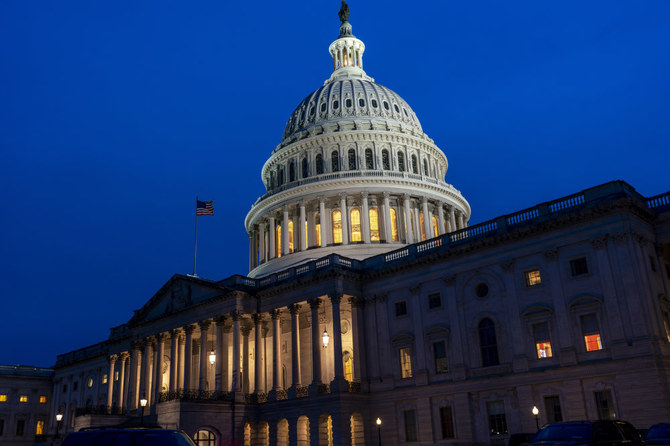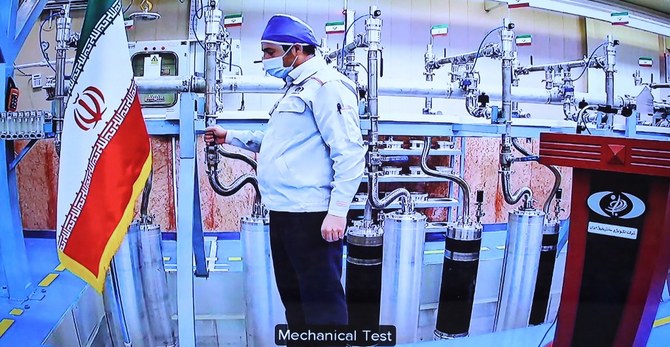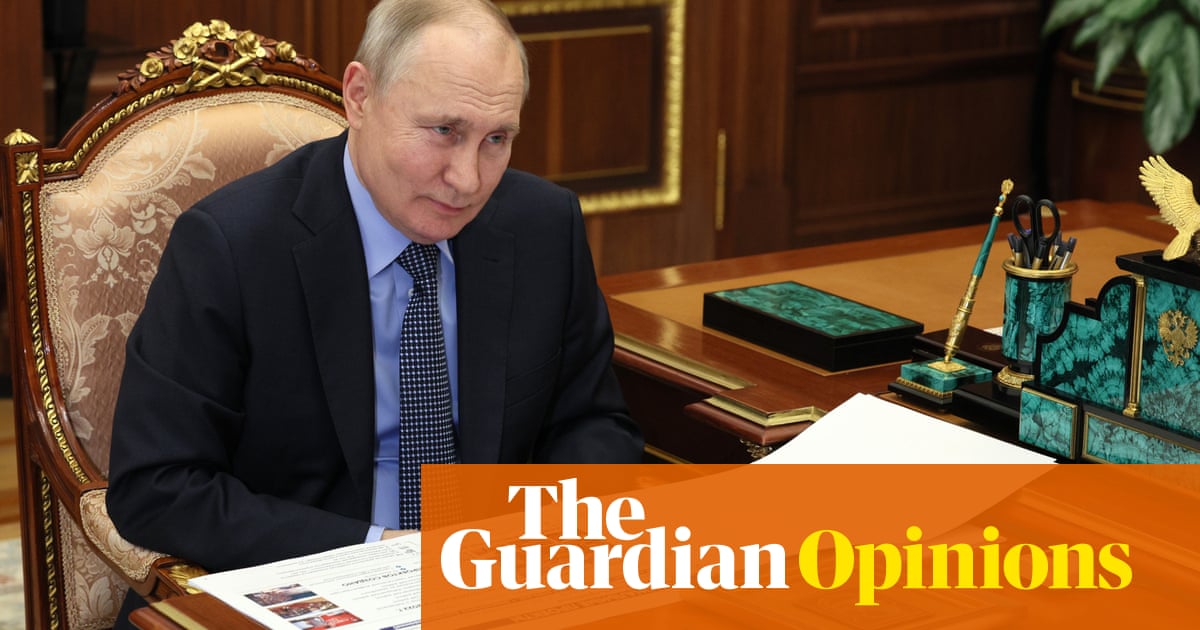
The new US Secretary of State Mike Pompeo, in announcing that the US would impose on Iran the “strongest sanctions in history,” demonstrated that he is no less tough than his boss. It remains to be seen to what extent these sanctions can be implemented, but before that it may be useful to go back and have a closer look at the implications of president Donald Trump’s decision to withdraw from the Iran nuclear deal, the Joint Comprehensive Plan of Action (JCPOA). There are two related sets of implications. One is the unilateral withdrawal from a multilateral agreement. The other is the secondary effects of the withdrawal.
The withdrawal from a multilateral agreement is not a breach of international law, although the deal became binding after the UN Security Council approved it. Furthermore, the JCPOA is the product of laborious negotiations that lasted 20 months. When the negotiations were complete, there was criticism both in Iran and in the US that the agreement did not meet all their expectations. A golden rule in diplomacy is that the longest lasting agreements are the ones that make both sides equally unhappy. The JCPOA seems to have made President Trump unhappier than President Hassan Rouhani, but it is debatable whether it was the content of the agreement that made him unhappy, or that it was a deal achieved under the Barack Obama administration.
When Iran’s uranium enrichment program was debated in 2010, Turkey and Brazil proposed that Iran stop its enrichment program. It would send the uranium rods, enriched at that time up to 3 percent, to a country of its choice, in return for uranium rods enriched to the level necessary for scientific and therapeutic purposes, which is about 20 per cent. This was rejected by the US. Iran continued its enrichment program and reached about 20 per cent by the time the JCPOA was signed five years later.
Iran has said it remains committed to the JCPOA and will negotiate with the other signatories to keep it operational, but if the negotiations fail it will resume its enrichment program. The US aims to bring Iran to its knees by imposing tough sanctions, and probably wants to negotiate a new deal, but it is difficult to tell whether such a deal would be better than the JCPOA, since by that time Iran will have reached a higher level of uranium enrichment.
If the Middle East is further destabilized, all regional countries will suffer. A cornered Iran may strike in various places, in the Middle East and elsewhere in the world
Yasar Yakis
Now that Iran possesses the technology, it is not easy to prevent its use. To destroy the physical infrastructure where the nuclear program is developed is not an option, because Iran may dig deeper underground and make it more difficult to hit it.
Trump has also said any nation helping Iran and its quest for nuclear weapons could also face sanctions. Some European states were quick to disagree, and said they would remain committed to the JCPOA. One may draw from this the conclusion that they will try to protect their companies dealing with Iran from being subject to US sanctions.
Another effect of the US withdrawal is the sanctions that will be imposed on Iran. It is true that Iran suffered a lot from the sanctions that were in force before the JCPOA. However, these sanctions did not cripple Iran’s economy. It is an oil-rich country with direct access to the sea. It has a major trading partner in China, which has means of avoiding US sanctions.
Last but not the least is the rising tension in the Middle East. Recently appointed hawks in the Trump administration would have no compunction about striking Iran militarily. Such action might be welcomed in some parts of the Middle East, but we have witnessed in the past two decades the plight of the Iraqi and Syrian peoples and the indirect plight of neighboring countries. A military operation against Iran is likely to cause much more damage and suffering to the peoples of the region, because Iran has more means of retaliation than Iraq and Syria. If the Middle East is further destabilized, all regional countries will suffer. A cornered Iran may strike in various places, in the Middle East and elsewhere in the world. Furthermore, in a military conflict that would involve the US and Iran, Russia and China may act in a manner that will make the US task more difficult to achieve, even if they do not openly take the Iranian side.
The US may wish to take into account all these potential effects before deciding on a course of action.
Yasar Yakis is a former foreign minister of Turkey and founding member of the ruling AK Party. Twitter: @yakis_yasar












